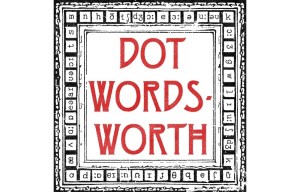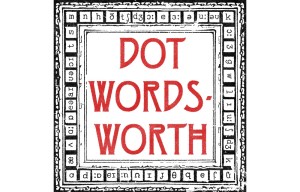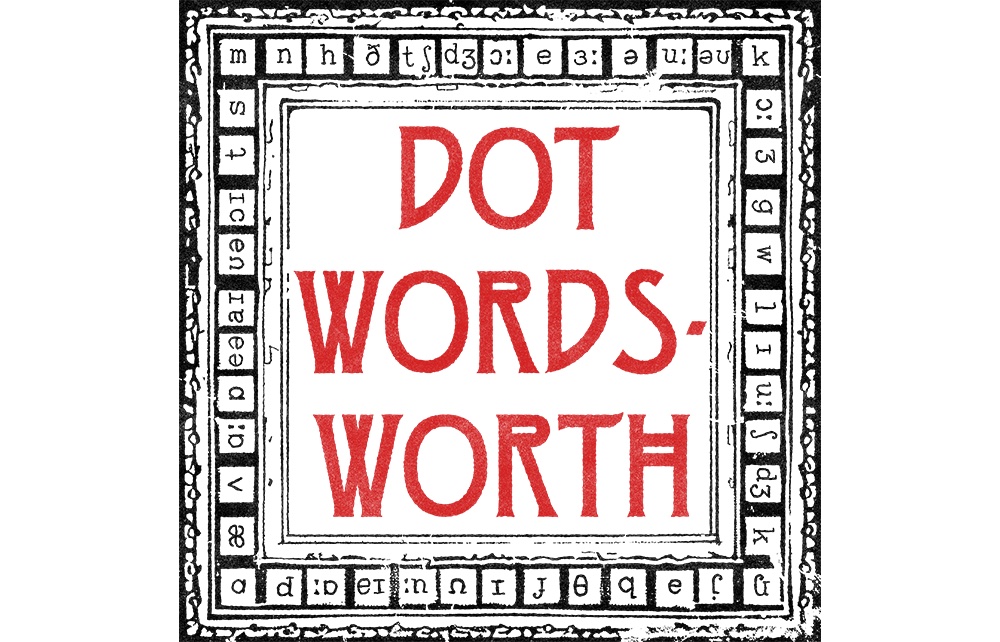I’m not too sure about the word petrichor, invented in 1964 as a label for the pleasant smell frequently accompanying the first rain after a long period of warm, dry weather. Some things about it are awkward.
Two Australians, Richard Thomas and Joy Bear, had been working for the Commonwealth Scientific and Industrial Research Organisation on the chemistry behind the smell. They found it comes from the ‘blue haze’ of hot summer days, part of the 450 million tons of volatile compounds released by plants into the atmosphere each year. But in the air the compounds do not smell attractive, as they do after being catalyzed on the surfaces of rocks and soil. Rainwashes them out of the rocky pores and gives us the welcome whiff.
Their explanation of the phenomenon appeared in a paper for Nature called ‘Nature of Argillaceous Odor’. They made the point that the odor was not only argillaceous (associated with clay). The new name for it they came up with had a respectable etymology. The petr– element came from Greek petra ‘rock’. (Petrol and petroleum come for the same source, with the oleum element signifying ‘oil’. Surprisingly, petroleum, in the form petraoleum, occurs in Anglo-Saxon medical treatises.) The ichor elementin petrichor came from the Greek word for the ethereal fluid supposed to flow like blood in the veins of the gods.
This is where we run into trouble. How is petrichor meant to be pronounced? I hear people saying ‘petrie-core’. But the Oxford English Dictionary gives as the first option ‘petrie-cuh’, with an indeterminate vowel in last place. Alternatively it allows ‘petr-eye-core’. A short i in the middle is consistent with the history of the word ichor, which both Thomas Hobbes (in his translation of the Iliad) and Lord Byron rhymed with liquor.
This leads me to my greater trouble. Many people have fallen upon petrichor as a favorite word. In this it resembles serendipity. It seems to speak to them of another world. Yet fashionable favorites soon become hackneyed. Petrichor is, I think, hard to use in poetry. It sounds too contrived. It might after all be better to say ‘the smell of rain on parched land’.
This article was originally published in The Spectator’s May 2021 World edition.

























